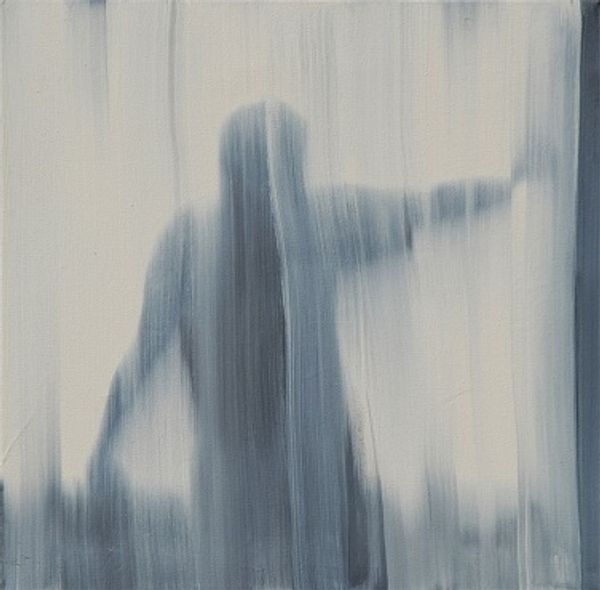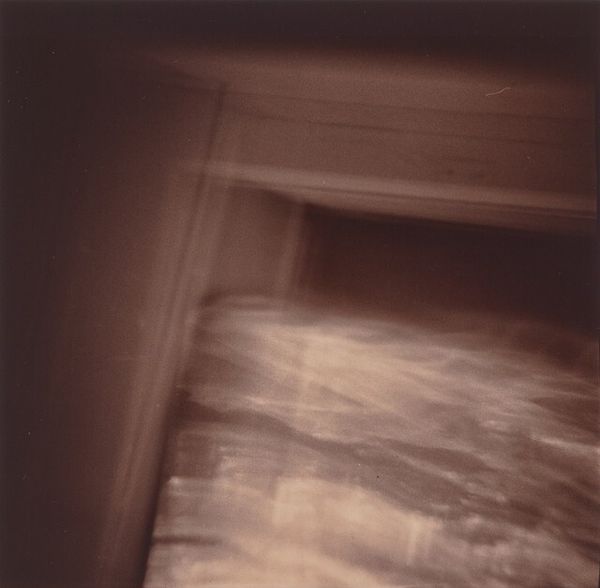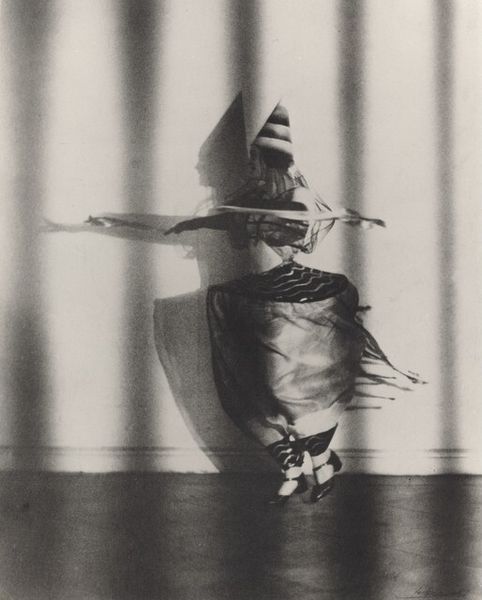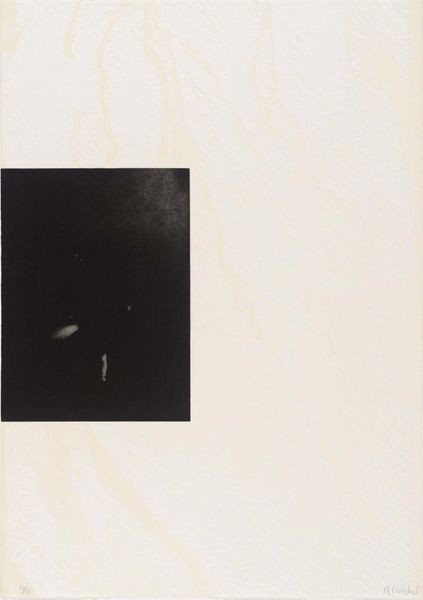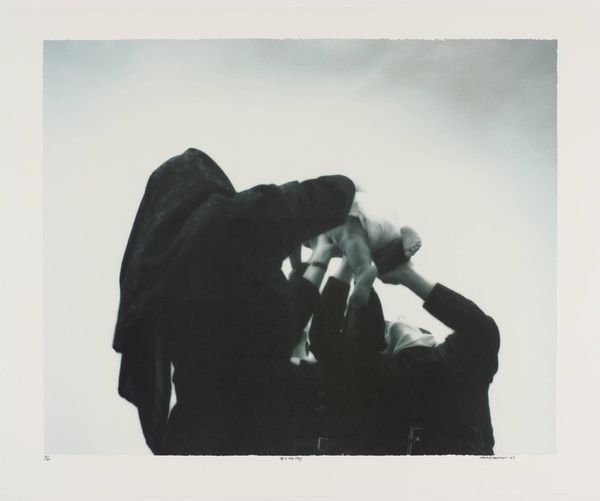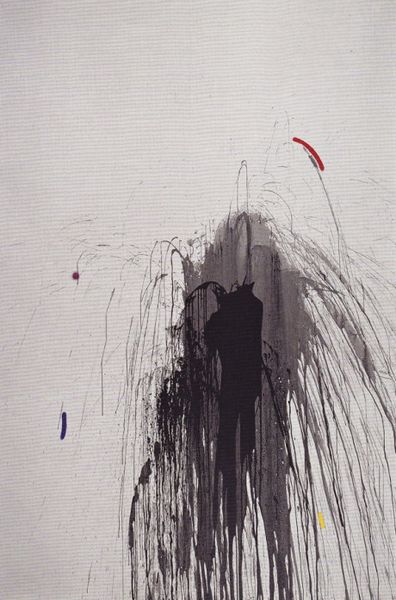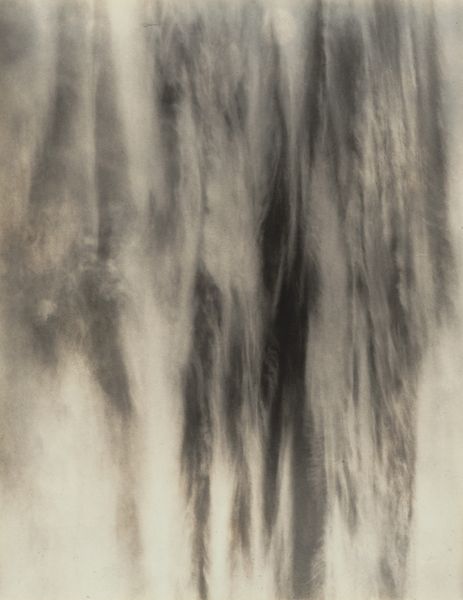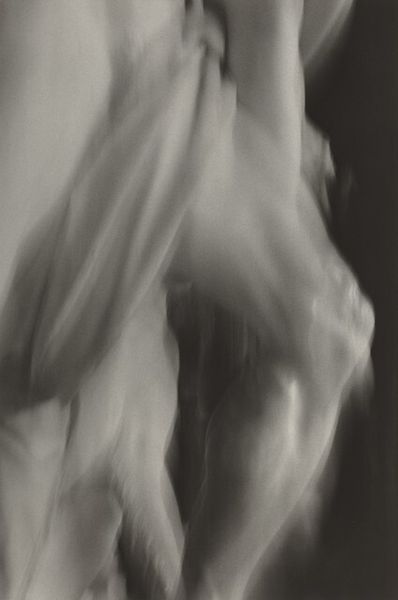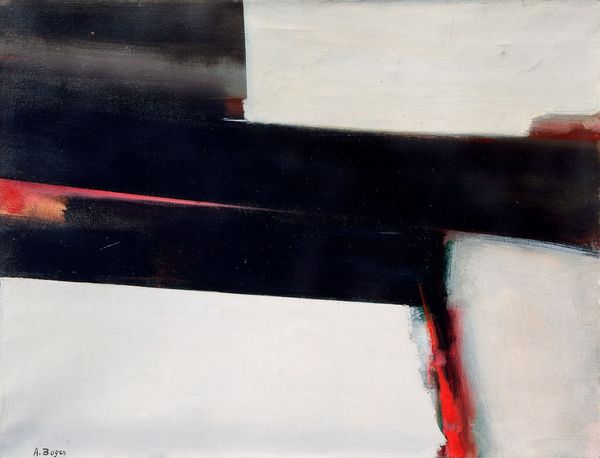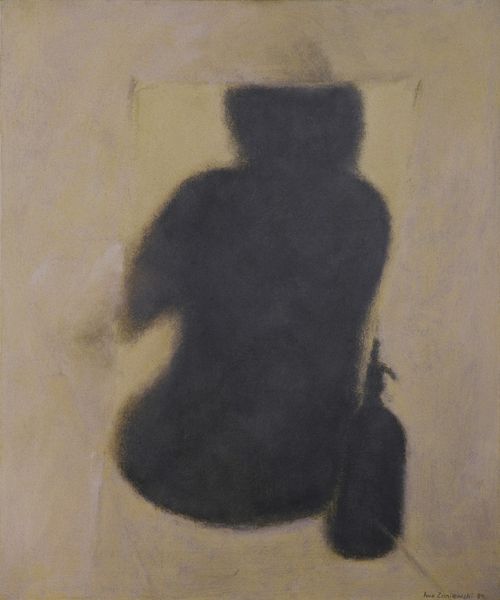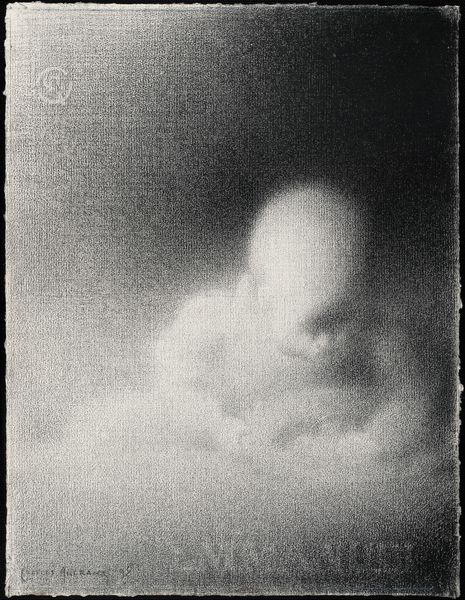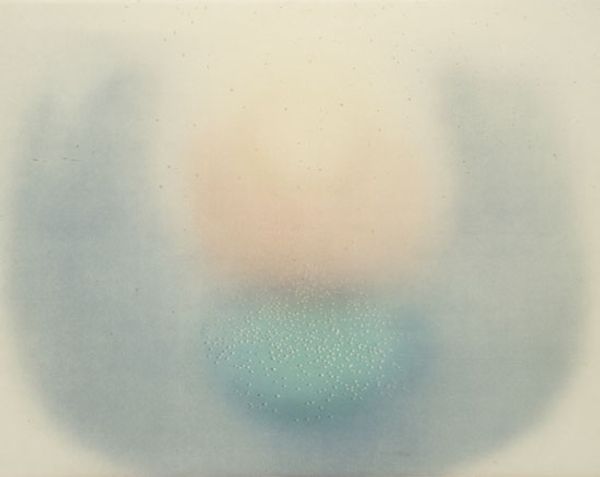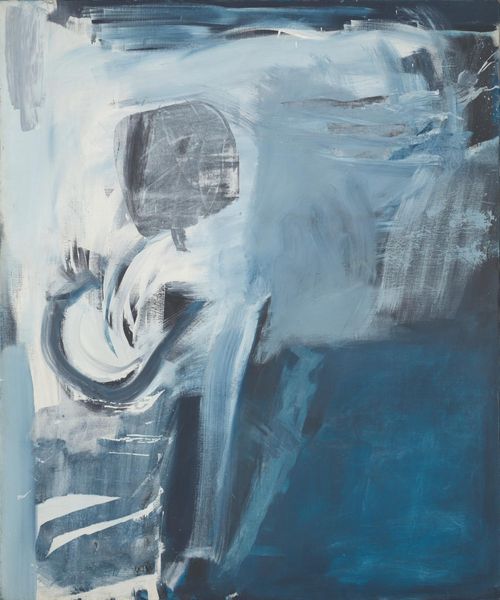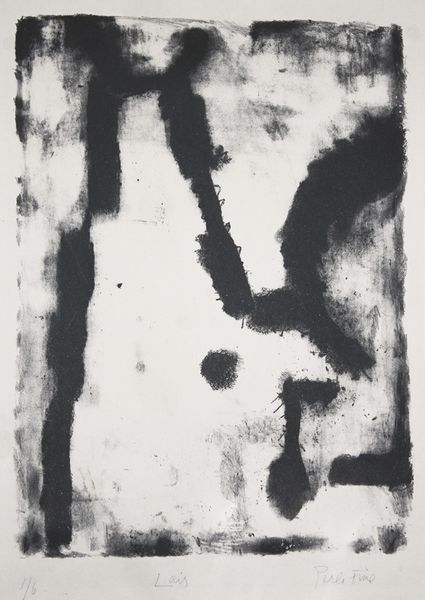
painting
#
abstract-expressionism
#
abstract expressionism
#
painting
#
blurry
#
blurred
#
capitalist-realism
#
abstraction
#
monochrome
Copyright: 2019 Gerhard Richter - All Rights Reserved
Editor: So this is Gerhard Richter's "Toilet Paper" from 1965, an oil on canvas painting. It's surprisingly indistinct; the image is quite blurred. What strikes me is how something so mundane becomes almost monumental through the act of painting it. What are your thoughts? Curator: Well, I see this as an exploration of the commodity and its representation. The blur isn’t just a stylistic choice; it's key to the work's meaning. How does this blurring affect our relationship with the subject, with toilet paper as an object of mass production and everyday use? Editor: I guess it makes it less about the specific brand or quality and more about the idea of disposable culture. The way it's almost faded seems to highlight its transient nature. Is Richter commenting on the consumer society? Curator: Precisely. The painting process itself, the application of paint, becomes a commentary on reproduction and the devaluation of the object through its ubiquity. He's engaging with the means by which this humble, mass-produced item enters our lives and then is discarded. It’s less about the object itself and more about the systems of production and consumption surrounding it. Think of the labour involved, from the tree to your bathroom. Editor: That’s fascinating! I never considered how much the blurring removes the emphasis from the brand or the user. So, he’s taking something so ubiquitous, painting it, and making us consider the larger context of its production and disposal? Curator: Exactly. It’s a materialist analysis through paint, challenging our passive consumption by forcing us to consider the wider networks that bring us this simple product. What would happen if this everyday item vanished? Editor: I hadn't thought of it that way before, focusing on production rather than aesthetics. It makes me think about all the labor hidden behind even the most ordinary things. Curator: Indeed. This opens a window to how materialist thinking transforms our interpretation and reveals deeper connections.
Comments
No comments
Be the first to comment and join the conversation on the ultimate creative platform.
